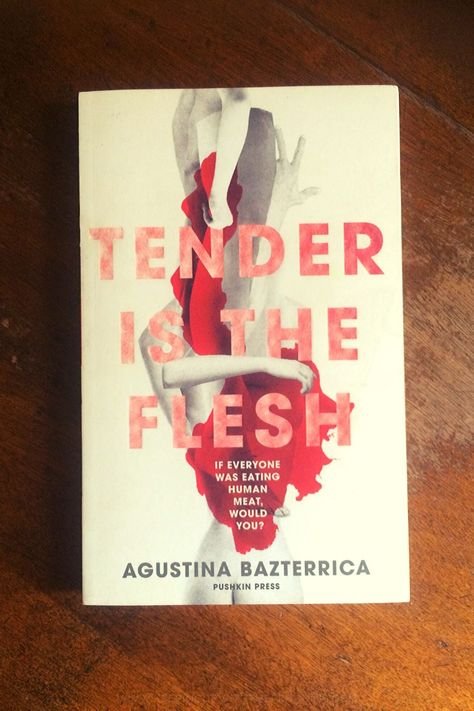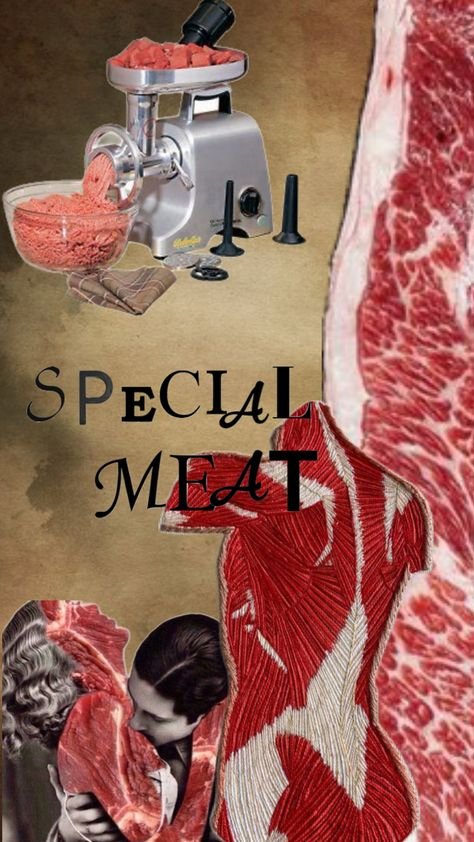Tender Is the Flesh: A Gripping Dystopian Tale
“Tende is the Flesh” is a novel that delves into the dark recesses of human morality, society, and survival. Written by Argentine author Agustina Bazterrica, this dystopian masterpiece paints a chilling picture of a world where human beings are systematically farmed and consumed as food. By exploring the narrative, its underlying themes, and its broader societal implications, readers gain an understanding of why “tender is the flesh” has captivated audiences worldwide.
Table of Contents
The Premise of Tender Is the Flesh
At its core, “tender is the flesh” presents a horrifying scenario: a world ravaged by a virus that renders all animal meat inedible. As a solution, governments legalize and normalize the farming of humans for consumption. The protagonist, Marcos, works at a processing plant, grappling with the grim reality of his job while confronting personal loss and ethical dilemmas.
The novel’s stark depiction of this reality forces readers to question the boundaries of morality, the ethics of consumption, and the fragility of societal norms. Tender is the flesh is not just a work of fiction; it’s a mirror held up to humanity’s darkest impulses.
Themes Explored in Tender Is the Flesh
Morality and Ethics
One of the central themes of “tender is the flesh” is the exploration of morality. The book challenges readers to consider how easily societal norms can shift when survival is at stake. It raises questions about the ethics of consumption, drawing parallels between the fictional world’s human farms and real-world practices in industrial animal farming. How far are we willing to go to justify our actions?
Dehumanization
In “tender is the flesh,” language plays a crucial role in dehumanizing individuals who are farmed for consumption. They are referred to as “heads” instead of people, stripping them of their identity and humanity. This dehumanization is a powerful commentary on how language can be used to normalize atrocities.
Survival and Complicity
Another significant theme in “tender is the flesh” is survival. The novel examines how individuals justify their complicity in horrific systems to survive. Marcos’ journey highlights the internal conflict between his role in the system and his moral objections to it. This theme resonates deeply with readers, prompting introspection about their own choices in complex systems.
Tender Is the Flesh and Its Societal Commentary

“Tender is the flesh” is a scathing critique of consumerism and the desensitization of society. By presenting an extreme scenario, Bazterrica sheds light on real-world issues, such as the ethics of factory farming, environmental degradation, and the commodification of life. The novel’s dystopian setting forces readers to confront uncomfortable truths about their own society.
Parallels to the Real World
Although tender is the flesh is a work of fiction, its themes are deeply rooted in reality. The industrialization of farming, the exploitation of marginalized communities, and the commodification of living beings are all issues that resonate with the novel’s narrative. By exaggerating these elements, Bazterrica compels readers to reflect on their own complicity in perpetuating such systems.
The Role of Language in Tender Is the Flesh
Language is a powerful tool in “tender is the flesh,” used to shape perception and normalize the unacceptable. The dehumanization of individuals through linguistic shifts highlights how language can desensitize society to cruelty. This aspect of the novel serves as a stark reminder of the power of words in shaping societal norms and behaviors.
Tender Is the Flesh: A Study in Human Psychology
“Tender is the flesh” delves into the psychological impact of living in a dystopian society. Marcos’ internal struggles reflect the broader societal conflict between survival and morality. The novel’s exploration of guilt, denial, and cognitive dissonance provides a profound insight into human psychology under extreme circumstances.
Reception and Impact of Tender Is the Flesh

Since its publication, “tender is the flesh” has received widespread acclaim for its unflinching portrayal of a dystopian reality. Readers and critics alike have praised its thought-provoking narrative, compelling characters, and societal relevance. The novel’s impact extends beyond literature, sparking conversations about ethics, sustainability, and humanity.
Also read Product as an Entry Point to Additional Product: Unlocking Growth Opportunities
Conclusion: The Enduring Relevance of Tender Is the Flesh
“Tender is the flesh” is more than a novel; it is a call to introspection. By exploring the darkest corners of human nature and society, Bazterrica’s work challenges readers to confront uncomfortable truths about morality, ethics, and complicity. Its relevance extends far beyond its fictional premise, making it a powerful and enduring piece of literature.


